Welcome to issue 92 of the Call to Comms!
This week, we met with Alexandra Malala Razafindrabe, a researcher who has recently published an article on the digital divide in Madagascar, a country where TSF has a digital inclusion project.
We talked to Alexandra about the factors that influence access to digital tools, and how digital inclusion should be carried out to work well.
“It's essential to put human beings back at the heart of the process.”
Can you introduce yourself, explain why you made this article and what it's about?
I am a research teacher at the Faculty of Economics, Management and Sociology at University of Antananarivo and attached to the Center for Economics and Ethics for the Environment and Development in Madagascar. So I am an economist and I work on questions related to the sustainability of natural resources or the environment more generally.
“Today, we can no longer talk about development without talking about digital technology.”
But my research sometimes leads me to address different underlying issues related to poverty and development. And this is precisely the case with this article, which looks at the elements linked to the digital divide in Madagascar.

Read the article here (in French)
In what cases did you see the importance of digital inclusion in Madagascar? Have you seen any examples of where it would actually help people?
Digital inclusion is important because it is closely linked to development of territory at several levels. Today we can no longer talk about development without talking about digital technology, without talking about the emergence of digital. Each pillar of development, namely education, health, environment, economy and the social sphere now works with digital technology. In this case, each person should understand the ins and outs and have access to them. But if we are in a context of poverty and inequality, we will talk more about digital divide rather than digital inclusion.
“Belonging to a community could help digital inclusion.”
In Madagascar, digital inclusion is present and helps in many ways. The country is renowned for its skilled workforce, thanks to its young people who are connected and passionate about new technologies. This is interesting for investors thanks to the competitive advantages of this situation. Many businesses and activities were born thanks to ICTs which facilitated the communication between the different actors. Thanks to social media, for example, the communication between the producer and the consumer has become much simpler.
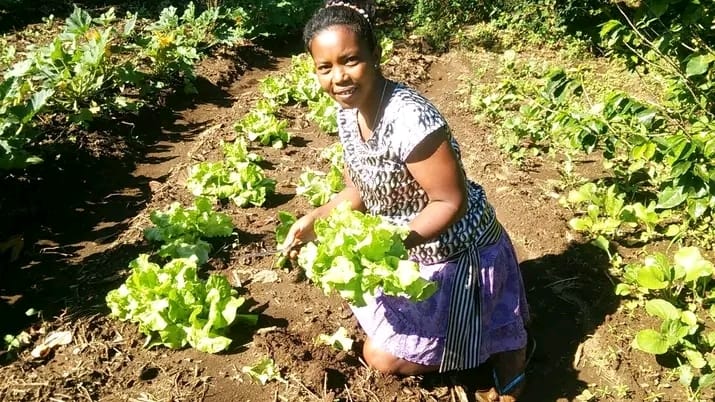
What will enable people to have access to digital tools rather than not?
According to the data we have, three variables apparently influence the degree of ICT use. It is 1) geographical location, 2) access to certain information via the church, and 3) level of education.
What surprised me was the link with religion. Does this mean that belonging to a religious community has a positive influence on ICT use? At least, that's what the data tells us. It was surprising because one wonders whether it's the fact that it's a religious community, or whether it's a community at all. When there's a social link, do we move towards greater digital inclusion, little by little? This might be the new thing to explore.
Did you observe any influence of new technologies on social and family ties?
There is a connection, since social ties and belonging to a community could gradually help digital inclusion. The use of ICTs enables a great deal of mutual help to be developed between members of a community, or more broadly between residents of the same town, for example.
But you have to have the means to use ICTs. There also could be negative effects like tensions within a community that could be exacerbated by these technologies, through social media for example. The dependence on screens could also, in the long term, be a factor of rupture between these social and family links.
Mutual support is an important part of Malagasy culture, right?
Yes. The concept is called “Fihavanana”. In our culture, we are basically one big family, so solidarity is fundamental. (TSF: What would be positive is if new technologies could support this mutual support, and not make it more difficult by isolating people from their loved ones, to return to the question of screen dependency.) Exactly. But from what we can see, the positive side still exists. So it would be good to go towards that, rather than depending on the screens. And so I think that if people are sufficiently aware of the dangers of digitalization, generally, it should lead to positive results.
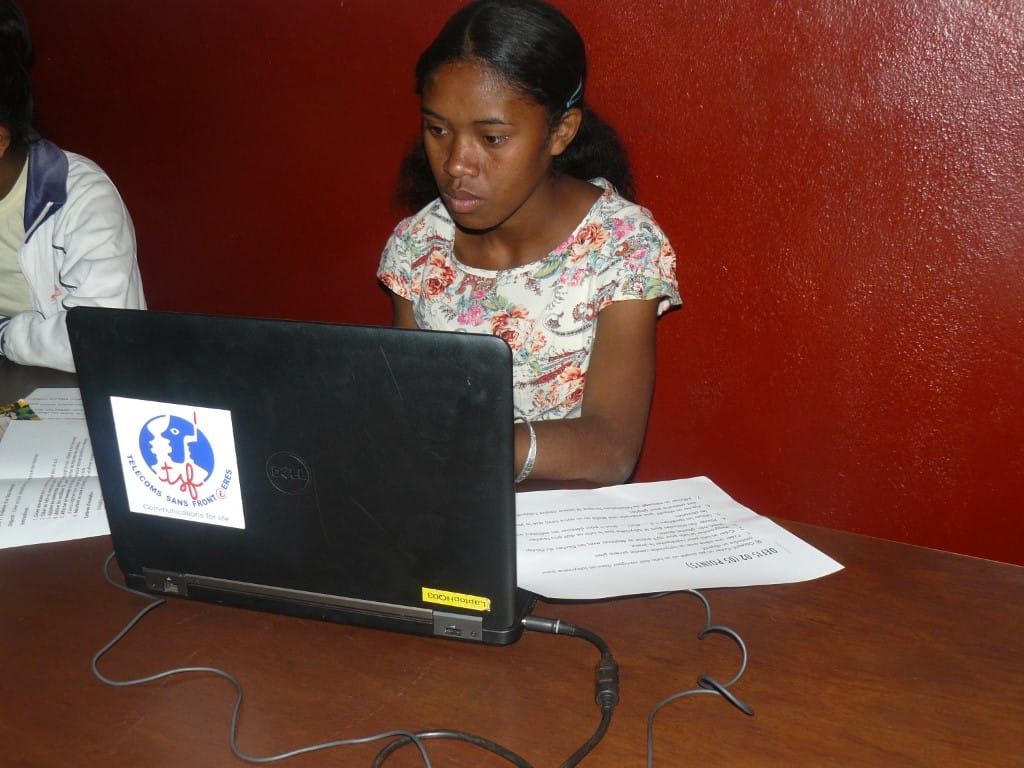
You are also specialized in sustainable management. Have you studied the question of technology’s impact on the environment?
This is one of our current lines of research, because digital technologies, despite the negative impact of their development on the environment, can be tools for preserving the environment at different scales. It can help raise awareness, create simulation models for better management of natural resources.
“NGOs play an essential role in favoring digital inclusion in Madagascar.”
What role can NGOs play in promoting digital inclusion in Madagascar?
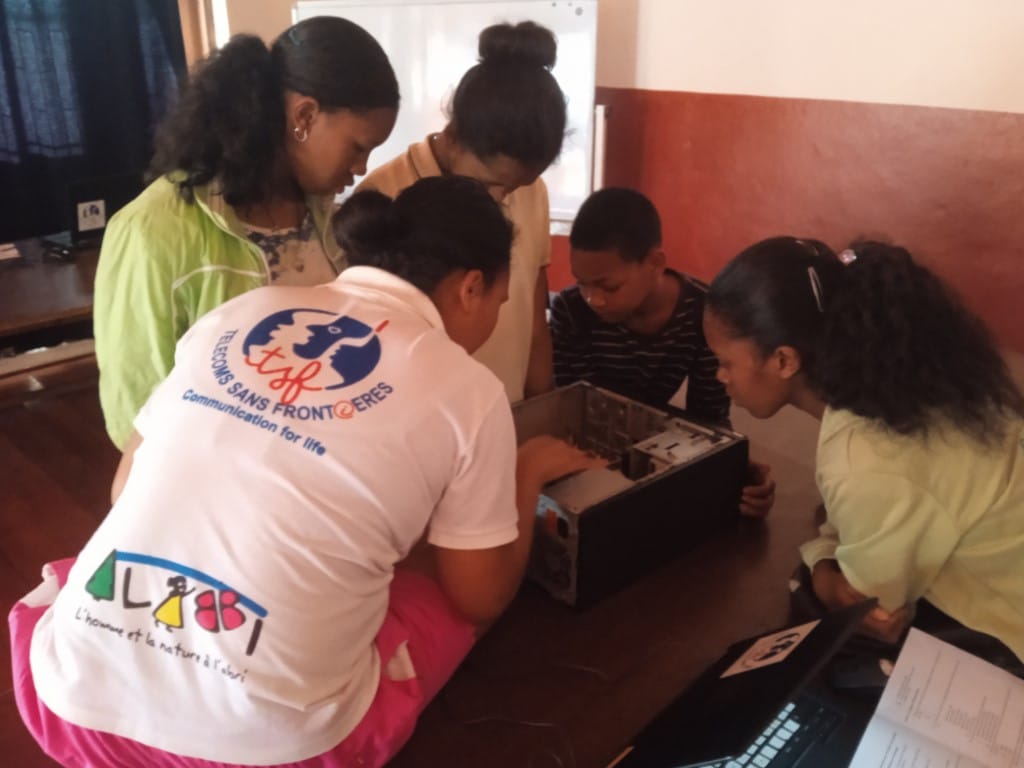
NGOs play an essential role in favoring digital inclusion in Madagascar. This means a role in education, training, infrastructure provision, IT equipment, awareness-raising, helping to develop partnerships between public and private players (very often, NGOs act as a kind of bridge), or through digital community projects. So you're really already at the heart of this issue.
As I said in the article, it's essential to put human beings back at the heart of the process, so that they can use digital technology wisely and for development that they themselves have built. But for this to be possible, we first need to overcome all the issues linked to poverty and inequality.
Learn more about our work to further digital inclusion in Madagascar here.
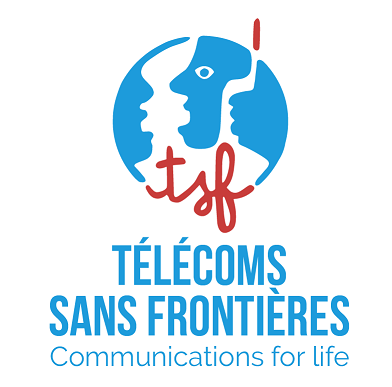
See you in two weeks!
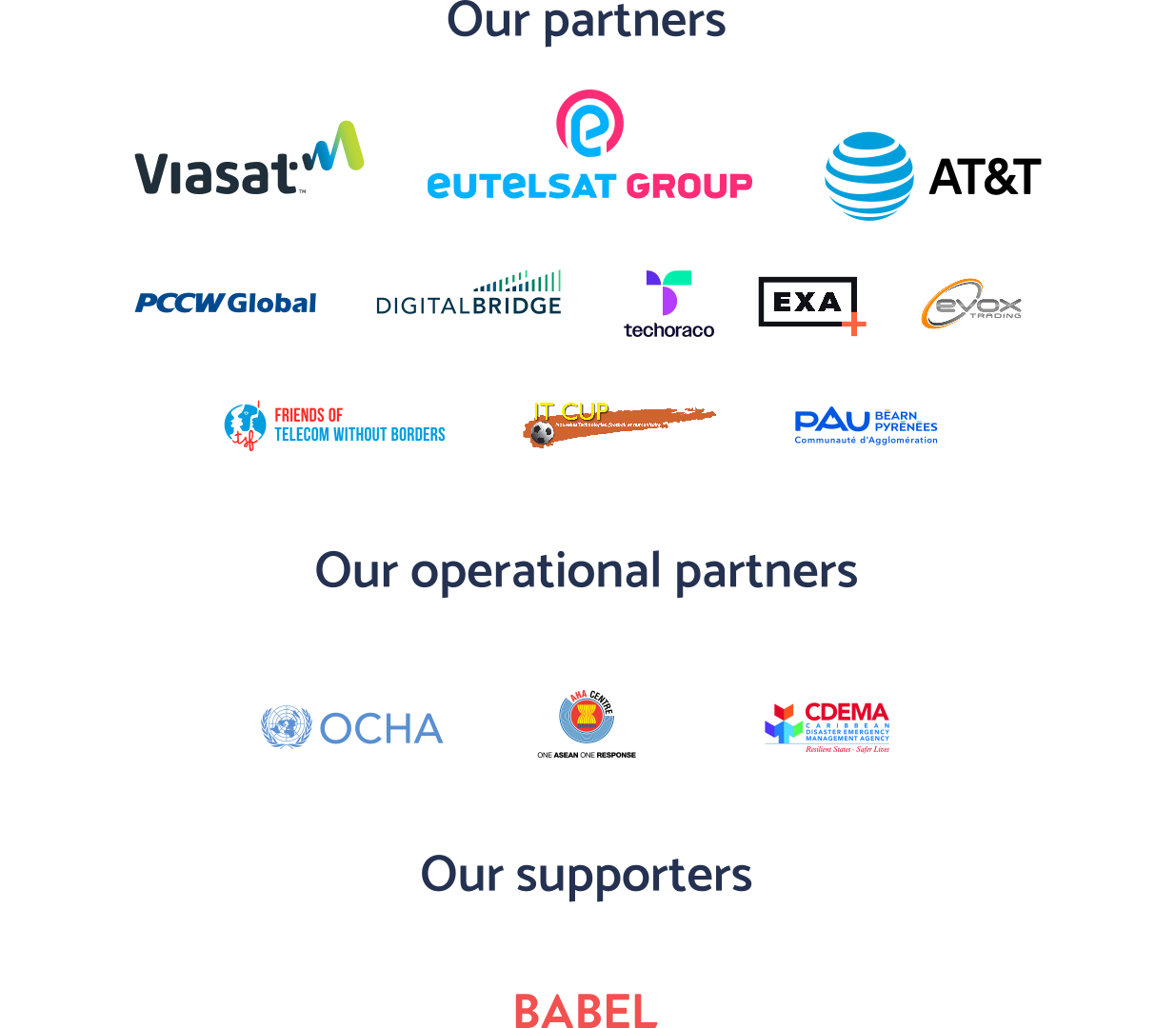


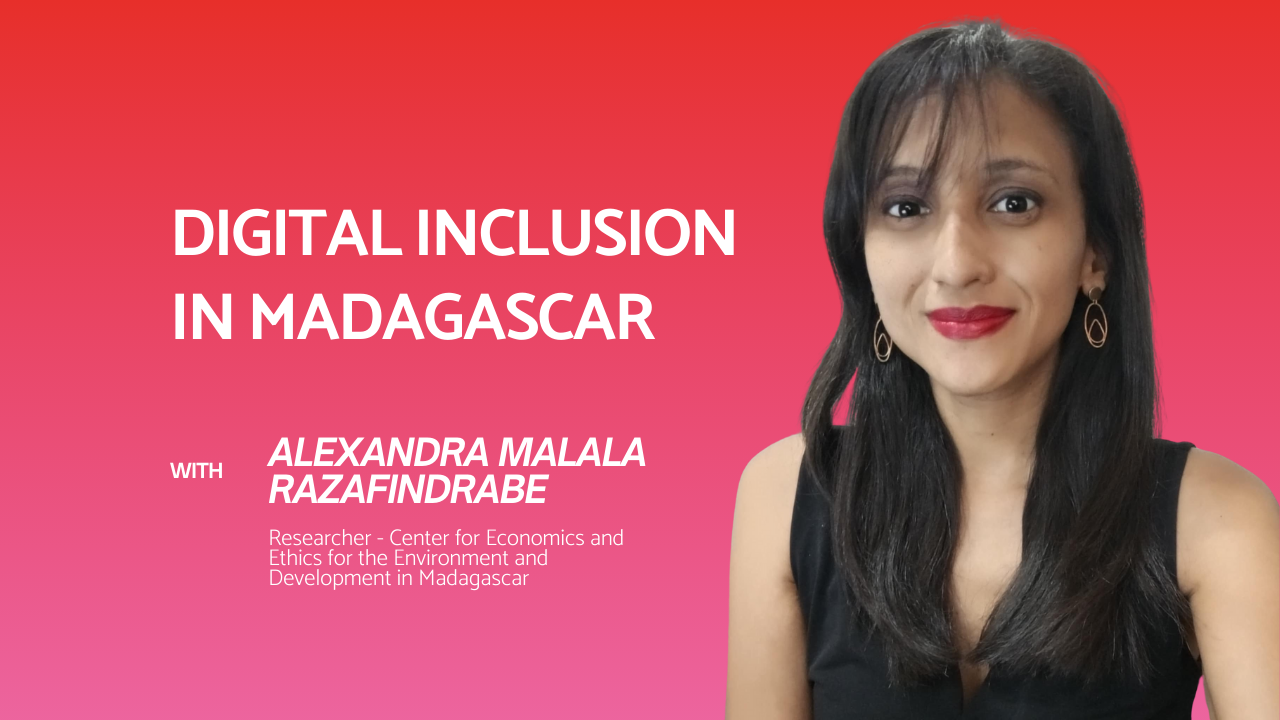




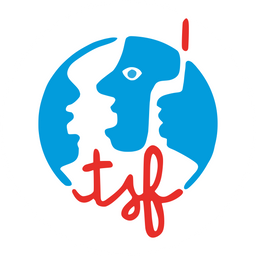
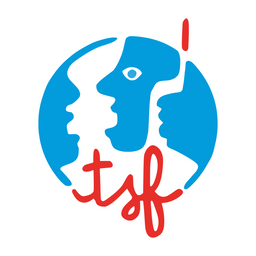

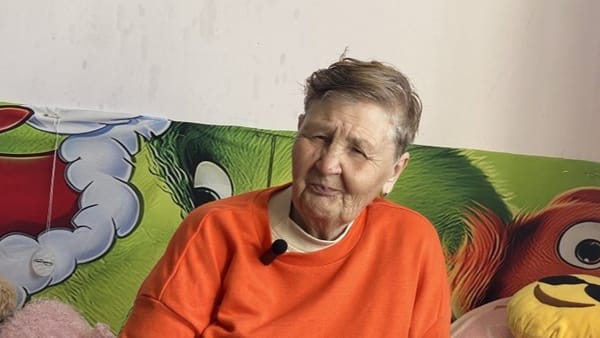
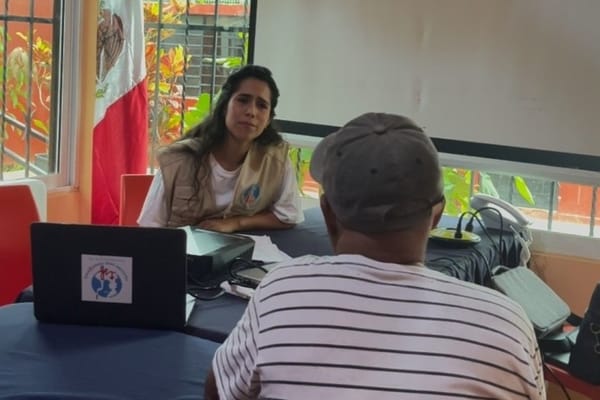

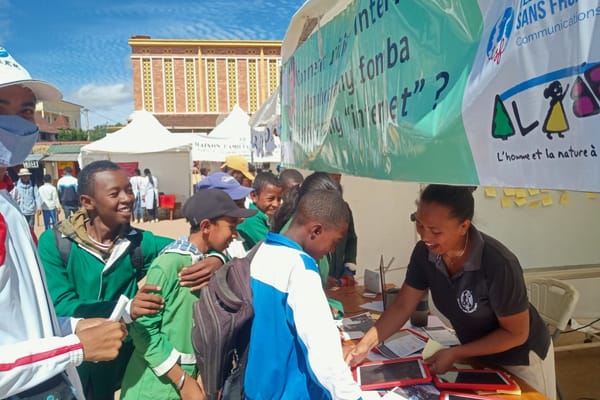
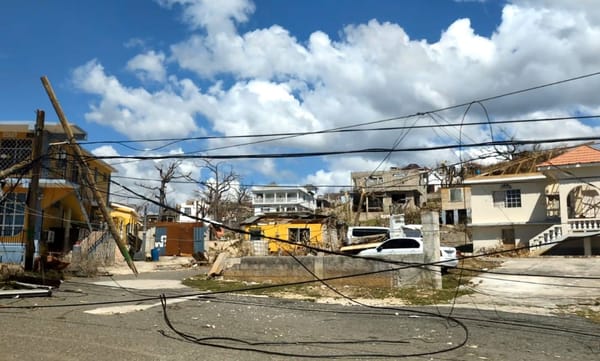
Member discussion